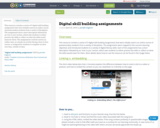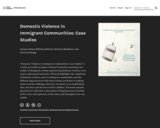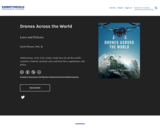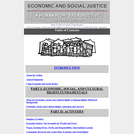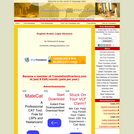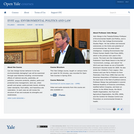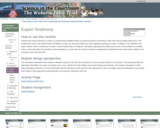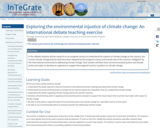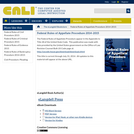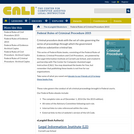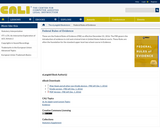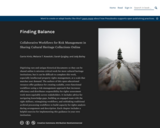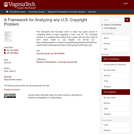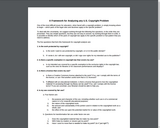Imposed by UK Judges - against Parents' Wills - in Secret Family Courts
Short Description:
After having tried all possible legal and political avenues within the UK, our petition to 'Abolish Adoptions without Parental Consent' was the trigger to take me to Brussels. Eight months later, the case of the 'whistleblower kids' topped all others and made me submit an 'exceptional emergency petition'. The follow-up continues in the 'rolling now', from exile in Berlin, opening up deep philosophical and political questions about governance: nation states and national institutions vs control and rights of EU citizens and their children and grandchildren.
Long Description:
The Secrecy of UK Family Courts has been the subject of our activities and online campaigns for many years. Taking the issue to the EU Parliament was a kind of ‘last resort’. However, it caused problems for parents who had come as supporters with hope, after their children had been wrongfully taken by UK Social Services and Police, ‘legitimised’ by secret Family Courts and some forcibly adopted, i.e. without their consent.
This experience was already ‘too much’ in March 2014, but certainly got aggravated, when we watched the cover-ups of the crimes that the ‘whistleblower kids’ had witnessed. The former UK Secretary of the Petitions Committee had said: “The UK can’t have it both ways: be part of a club, and not play by its members’ rules.”
In a BBC film, the current Chair of the Petitions Committee said: “This is against the Charter of Fundamental Rights, i.e. against European principles.”
This book is meant to help spread awareness and share disillusionment in a system of institutions that, so far, has failed far too many of us bitterly and cruelly.
Word Count: 72442
(Note: This resource's metadata has been created automatically as part of a bulk import process by reformatting and/or combining the information that the author initially provided. As a result, there may be errors in formatting.)
